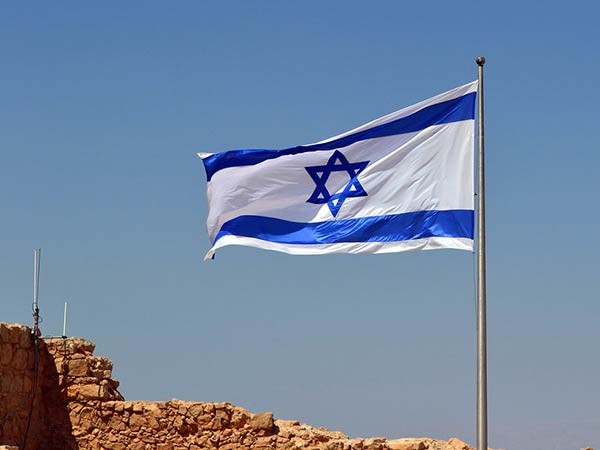Tel Aviv [Israel], October 22: The Israeli army increased air strikes on the Gaza Strip and continued to exchange cross-border firepower with Hezbollah forces in Lebanon, causing Hezbollah to declare toughness.
On the morning of October 22, the Israeli army continued to airstrikes in the south of the Gaza Strip and announced an increase in airstrikes in the north of the land controlled by Hamas , while the US pledged to provide more aid to the Palestinians, according to Reuters.
Palestinian media reported that at least 11 people were killed in an Israeli airstrike in the city of Khan Younis in the southern Gaza Strip. In addition, Palestinian media also reported that Israel attacked Rafah, another city in the southern Gaza Strip and near the Egyptian border.
The airstrikes came hours after Israeli military spokesman Daniel Hagari urged Gazans to move south to avoid danger.
"For your own safety, move south. We will continue our assault on the Gaza City area and increase our attacks."
Meanwhile, a convoy of 20 trucks carrying aid arrived in the Gaza Strip on October 21, but the United Nations Humanitarian Office said that amount of goods was only 4% of pre-conflict daily imports and too little for the region. The land with 2.3 million people was isolated for 13 days.
US President Joe Biden welcomed the aid after several days of tense negotiations. He said the US is committed that more aid will come through the Rafah border crossing.
Hezbollah declared its toughness
The Israeli military said its planes attacked Hezbollah targets in Lebanon on October 21, while an Israeli soldier was seriously injured by a Hezbollah anti-tank missile.
Iran-backed Hezbollah said six members were killed by Israeli airstrikes. The Israeli military said it exchanged fire with Hezbollah in at least four different areas along the Lebanese border.
The violence has forced many people on both sides to leave their homes. The Israeli army said 7 soldiers have been killed since October 7. Hezbollah said 19 of its fighters were killed, including 6 on October 21.
Hezbollah and the Israeli army have exchanged gunfire at the border almost every day since Hamas forces in the Gaza Strip attacked Israel on October 7 and Israel retaliated with fierce air strikes on the Gaza Strip .
This is believed to be the worst escalation of violence along the Israel-Lebanon border since the 2006 war between Hezbollah and Israel.
News.com.au on October 22 quoted Hezbollah deputy leader Sheikh Naim Kassem as warning that this force is "ready at the center of the war" .
"We are trying to weaken Israel and let them know that we are ready," he said. "Let us be clear, as events unfold, if something happens that requires us to intervene further, we will do so," he declared.
Israel strikes the West Bank
According to Reuters, Israel used air strikes on a complex below a mosque in the West Bank on October 22, after claiming that this place was harboring Palestinian gunmen who organized attacks on Israel.
The Israeli side said the area under the al-Ansar Mosque in the Jenin refugee camp belongs to members of Hamas and the Palestinian Islamic Jihad movement.
"Recent intelligence indicates that terrorists, (who) have been neutralized, are organizing an upcoming terrorist attack," according to an Israeli military statement.
The army released images of what it said was the entrance to a bunker beneath the mosque and a diagram showing where Palestinian forces stored weapons.
The Palestinian Red Crescent ambulance service said at least one Palestinian was killed and three others were injured in the incident.
Jenin refugee camp, a stronghold of Palestinian forces, was the focus of a major Israeli military operation earlier this year.
Source: Thanh Nien Newspaper

